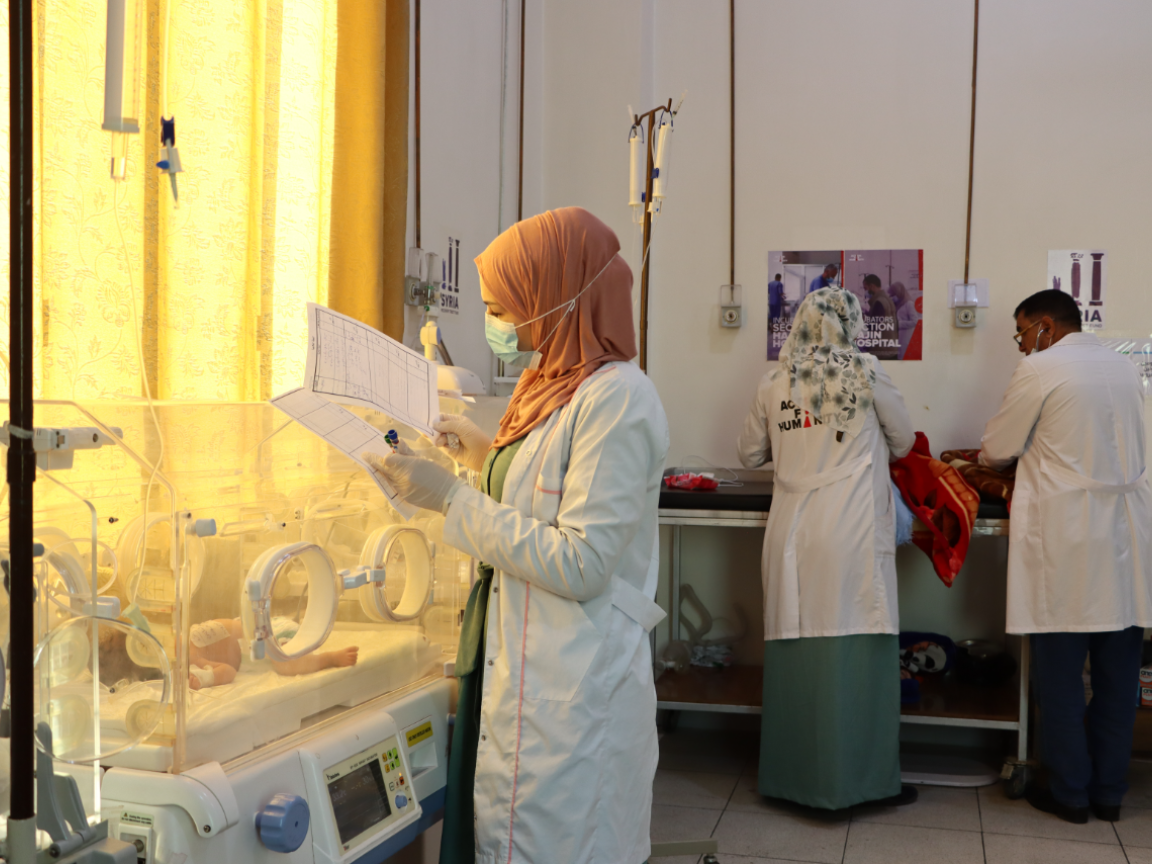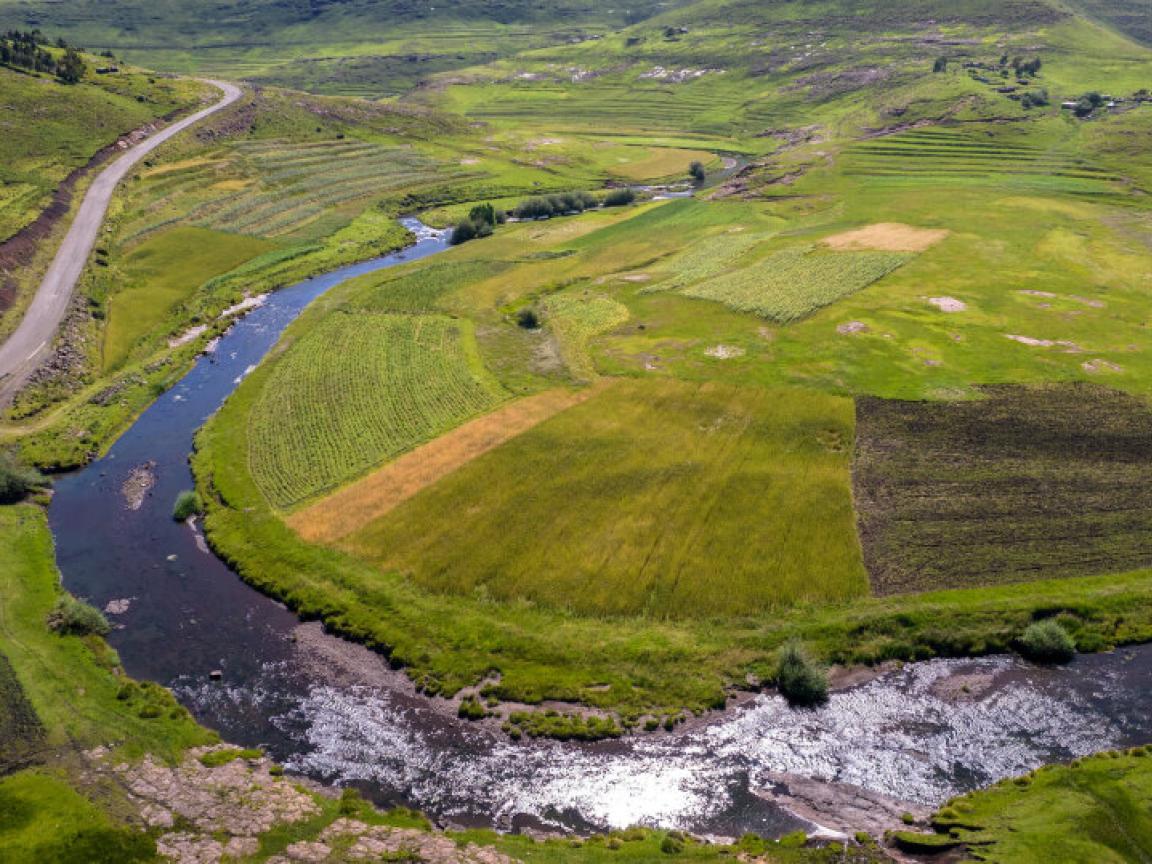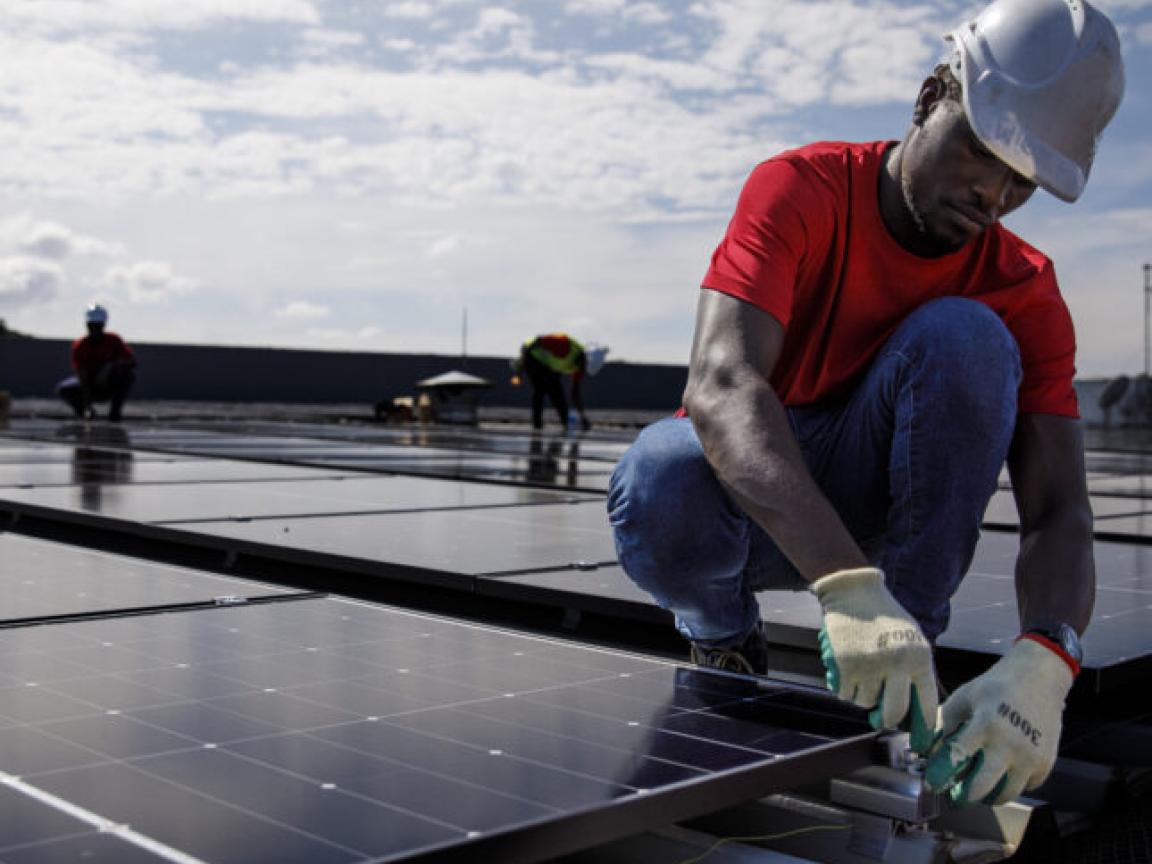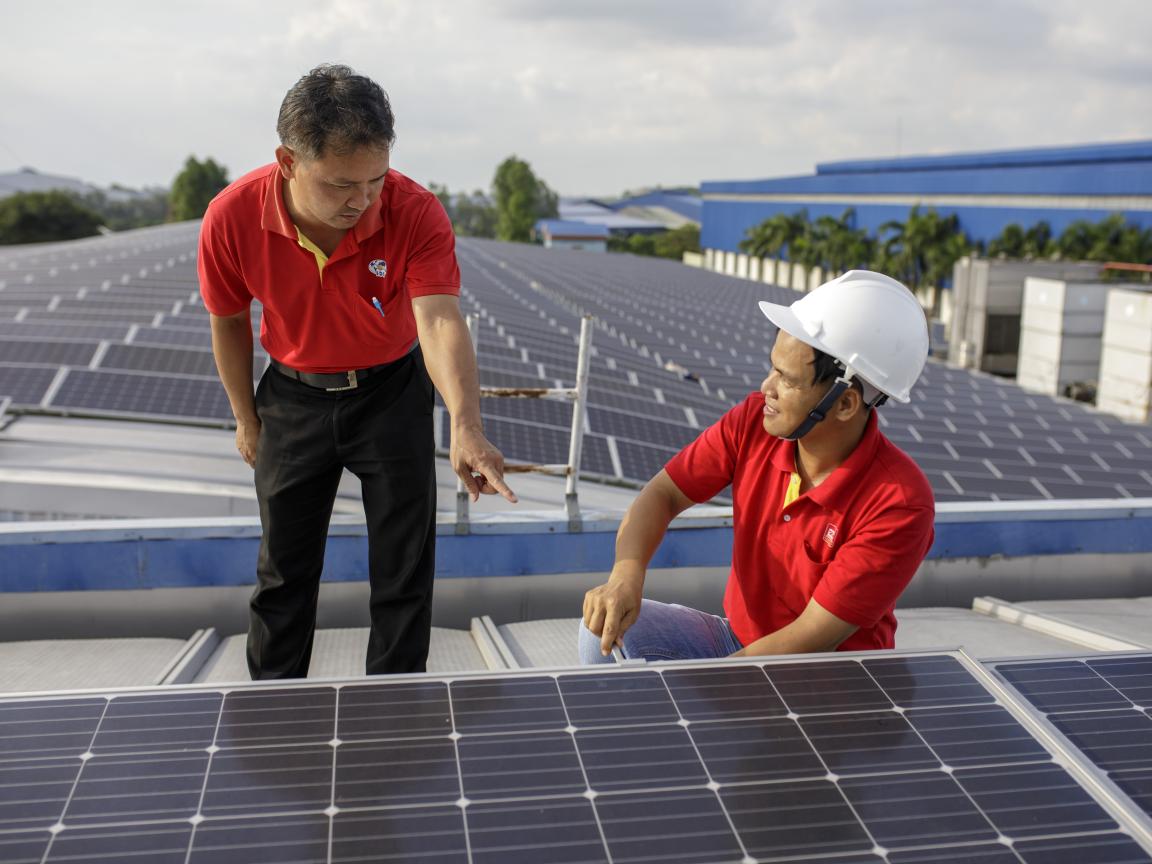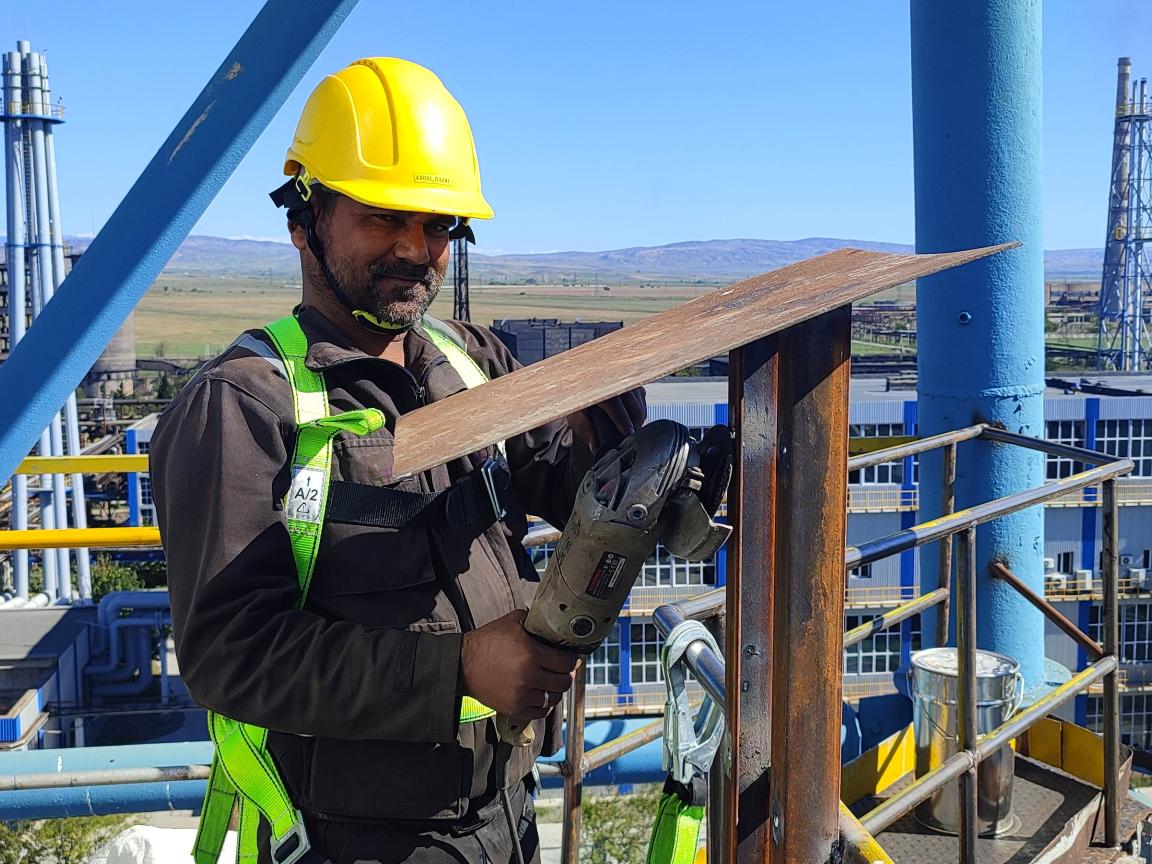The Deutsche Gesellschaft für Internationale Zusammenarbeit (GIZ) GmbH is a federal enterprise with worldwide operations. It supports the German Federal Government and many other public and private clients in achieving their goals in international cooperation for sustainable development and international education work. Together with its partners, GIZ has been developing effective solutions that offer people better prospects and improve their living conditions for more than 50 years.
GIZ is wholly owned by the German Federal Government. As a shareholder, the Federal Government is represented by the German Federal Ministry for Economic Cooperation and Development (BMZ) and the German Ministry of Finance (BMF).



